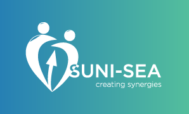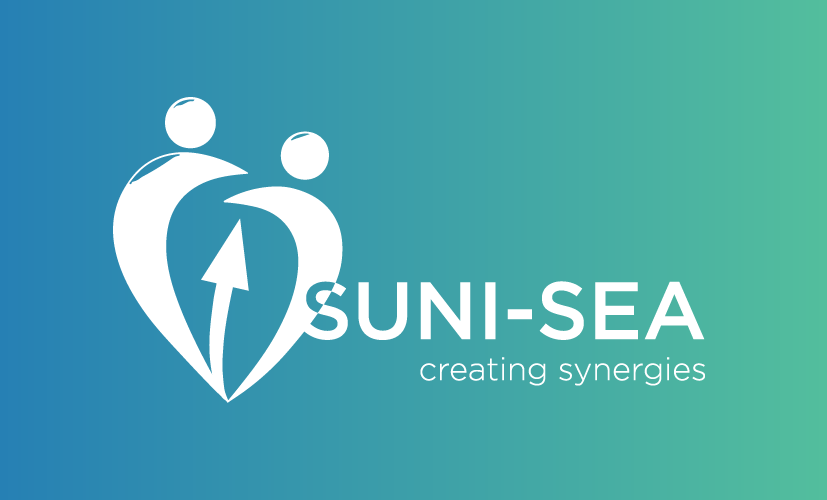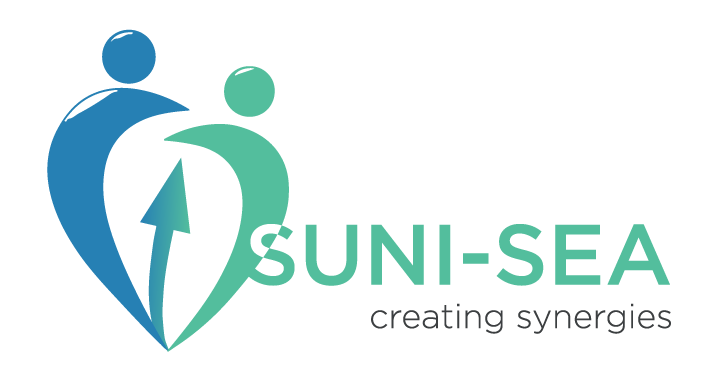Cost-effectiveness of scaling-up hypertension and diabetes prevention and management interventions
The aim of this work package is to perform cost-effectiveness analysis of ongoing interventions and of entire scaling-up programmes for prevention and management of hypertension and diabetes in Vietnam, Myanmar and Indonesia. It will identify cost-effectiveness differences between various beneficiaries, differentiating according to gender, age and income as well as critical success factors for achieving synergies between community groups and health facilities in the scaling-up process. The analysis will explicitly take into account the changing environments in relation to community, organisation and programme. A cost-effectiveness approach will be used to investigate how available health care funds can be spent to achieve maximal positive impact on health outcomes.
SUNI-SEA will, where possible, follow the so-called generalised cost-effectiveness analysis, according to the WHO Guide to Cost-Effectiveness Analysis which describes how to evaluate and compare different interventions based on costs and health effects, by estimating costs, savings and health gains as far as possible. This methodology is used to enhance comparability of evaluations for each intervention and for each country (for the analysis of the entire scaling-up programme) separately. We will use two different methodologies that allow for a comparison between intervention/entire scaling-up and a “doing nothing” scenario, namely a modelling approach and an areal-world comparative approach. Where possible, the cost-effectiveness analysis of the set of interventions will be based on in-depth analysis of relevant data available through existing data collection systems in the three countries. The cost-effectiveness analysis of the entire scaling-up will also benefit from improved and extended data collection systems that will be implemented in collaboration with relevant stakeholders. In all stages of the evaluation, the project will also consider other health system goals, such as aspects of gender and equity in a Total System Evaluation according to WHO terminology and priorities.
Specific tasks per phase of the study are as follow:
Phase A: Retrospective study of existing interventions and initial scaling-up
- Conduct an in-depth analysis of relevant data available and retrospective (prior to up-scaling) cost-effectiveness analysis of the set of interventions in the three countries. Data relevant for these measures will be collected from the various implementing actors as well as from relevant authorities that have data on health measures during this period.
Phase B: Baseline assessment
- The outcome of the cost-effectiveness analysis of the different interventions will be presented to the key stakeholders. The group will decide how interventions will be scaled-up at the national level and which changes (if any) will be incorporated. The methodology to be used for the evaluation of cost-effectiveness of the entire scaling-up process will also be decided. Monitoring and registry systems to capture the prospective data will be discussed, selected and subsequently designed in detail.
Phase C: Prospective study of improved scaling-up and follow-up measurements
- In the follow-up assessment, all scaled health programmes, cost-utility and cost-effectiveness measures will be analysed. Monitoring and registry systems will be set up and data gathering started. Both observational and (where feasible) experimental settings will be used.
Phase D: Draw lessons for policy
- The researchers will present the outcome of the analysis at the stakeholder meeting. Results will be discussed and potential impacts explicitly considered. Various levels of impact will be analysed: coverage of scaling-up, trends in risk factors, incidence of cardiovascular disease and diabetes and related complications, corresponding health care costs, disability-adjusted life years (DALYs) and quality-adjusted life years (QALYs), and equity/distributional effects.
- Comment on/update of the existing WHO guide for cost-effectiveness analysis will be produced.
Work package leader:
Prof Robert Lensink
Faculty of Economics and Business, University of Groningen
Phone: +31 50 36 33712 / +31 50 36 33685 (Secretary)
Email: b.w.lensink@rug.nl



